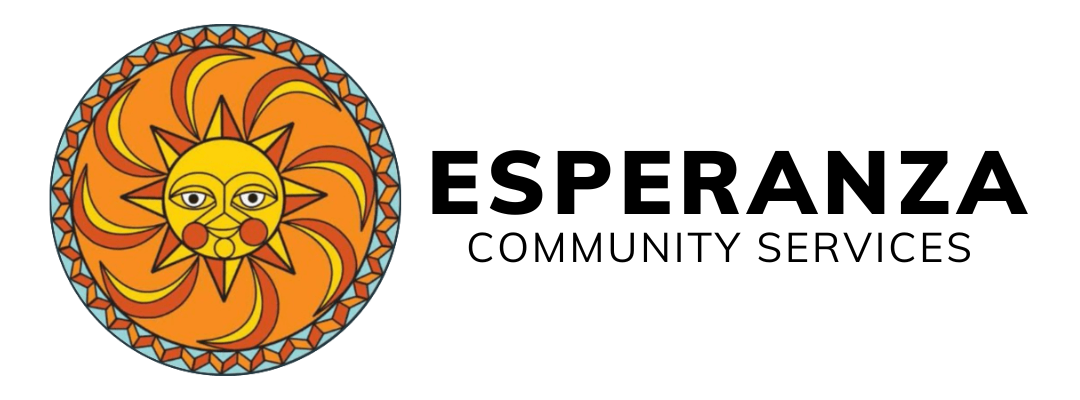Esperanza Community Services began as a therapeutic day school in 1969 by Guadalupe Reyes. She was driven to help her son Bobby, and other children with intellectual disabilities, to learn in a manner that met the unique needs of each student.
This past has been one of progress here at Esperanza while allowing us to return to those roots planted by Guadalupe. I thank the entire Esperanza family for being a part of this important legacy. We would not be where we are today without your help.
Reflecting on my first year as Esperanza’s CEO, blessed with a fantastic team, we have emerged stronger. We have done the groundwork to bring more innovative programming better serve our students and clients. But we can’t continue to grow without your support.
Over the past year, we have made incredible progress:
- We have expanded our life skills and vocational readiness programs and increased our community outings as we’ve emerged from the pandemic. Recently, 30 clients from our adult day program traveled to Woodstock to visit an apple orchard. Students have been exploring local cultural exhibits in Chicago.
- Thanks to donor and volunteer support, we recently expanded our sensory room to better support our students. Due to this amazing gift, our students have made amazing progress in regulating their behaviors to enable better classroom learning.
- We expanded our celebrated art program beyond our adult clients to include our school students this year; the latter program has been on hiatus for years due to school budget cuts.
As we continue our new beginning at Esperanza, we invite you to partner with us on this journey. Give now.
We want to do more than support the lives of people with disabilities; we want to ensure that our students and clients thrive and can live their best lives. You’ve played a massive role in growing Esperanza to where we are today, and I hope you continue to do so now and in the future. Esperanza is truly a magical place; with your help, 2023 will be an even better year.
Thank you for changing the lives of people with intellectual disabilities.
